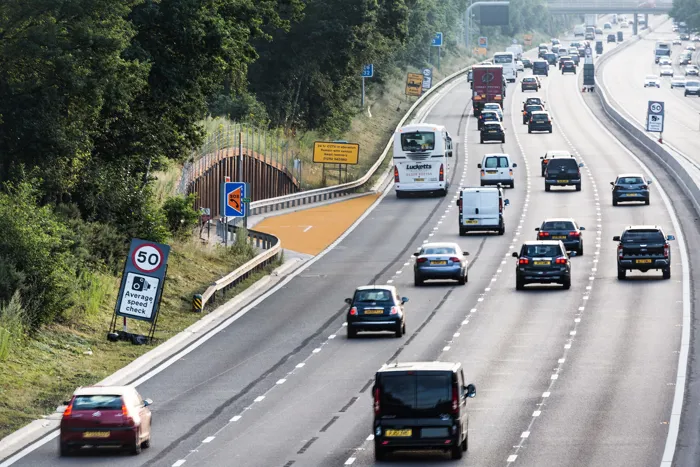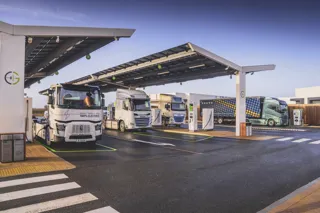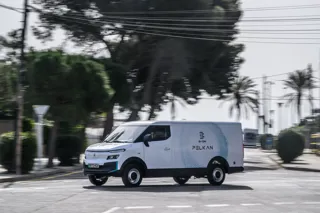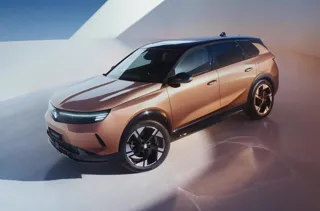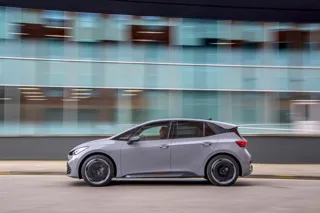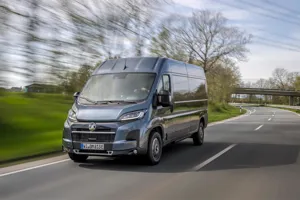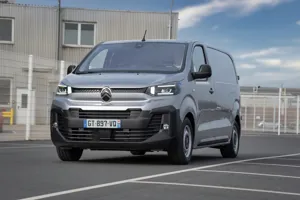National Highways defends smart motorways after ‘tech failures’
National Highways has defended the safety record of so-called smart motorways after claims technology supposed to keep drivers safe fails regularly.
National Highways
23 Apr
Features and analysis

BMW expands model choice and remains fleet industry's favourite brand
As BMW continues to expand and evolve its model line-up, the brand remains committed to giving its customers choice.
Electric Fleet
Events
Car, van and truck reviews

Isuzu D-Max long-term test
Our D-Max is proving an absolute star this winter, ploughing through dirt, mud and the odd fall of snow with no trouble.
23 Apr



